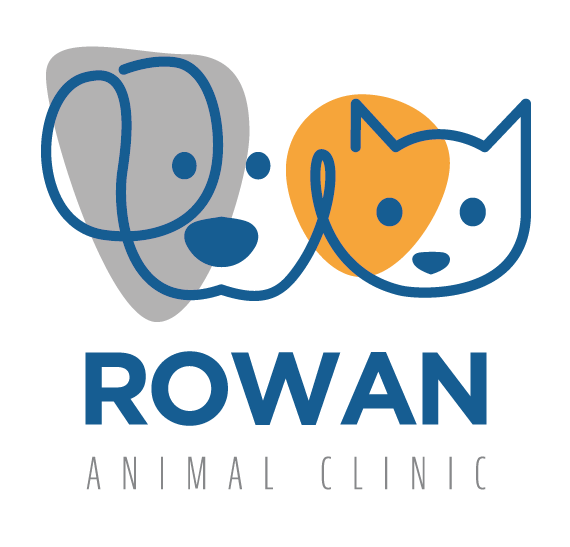What are Vaccines?
Vaccines are products designed to trigger protective immune responses and prepare the immune system to fight future infections from disease-causing agents. Vaccines stimulate the immune system’s production of antibodies that identify and destroy disease-causing organisms that enter the body. They provide immunity against one or several diseases that can lessen the severity or prevent certain diseases altogether.
Why is it Important to Vaccinate Pets?
Vaccinations protect your pet from highly contagious and deadly diseases and improve your pet’s overall quality of life.
5 Reasons it’s important to vaccinate:
- Vaccinations prevent many pet illnesses.
- Vaccinations can help avoid costly treatments for diseases that can be prevented.
- Vaccinations prevent diseases that can be passed not only from animal to animal but also from animal to human.
- Diseases prevalent in wildlife, such as rabies and distemper, can infect unvaccinated pets.
- Many areas, local or state ordinances require certain vaccinations of household pets. Many areas, local or state ordinances require certain vaccinations of household pets.
Are There Risks to Vaccination?
Any type of medical treatment has associated risks associated, but the risk should be weighed against the benefits of protecting your pet, your family, and your community from potentially fatal diseases. The majority of pets respond well to vaccines.
The most common adverse responses to vaccination are mild and short-term, and serious reactions are rare.
Vaccine Reaction/Side Effects
It is common for pets to experience some or all of the following mild side effects after receiving a vaccine, usually starting within hours of the vaccination. These symptoms are usually self-limiting and typically resolve without treatment in 1-2 days. If these side effects last for more than a day or two or cause your pet significant discomfort, it is important for you to contact your veterinarian:
- Discomfort and local swelling at the vaccination site
- Mild fever
- Decreased appetite and activity
- Sneezing, mild coughing, “snotty nose” or other respiratory signs may occur 2-5 days after your pet receives an intranasal vaccine
More serious, but less common side effects, such as allergic reactions, may occur within minutes to hours after vaccination. These reactions can be life-threatening and are medical emergencies. Seek veterinary care immediately if any of these signs develop:
- Persistent vomiting or diarrhea
- Itchy skin that may seem bumpy (“hives”)
- Swelling of the muzzle and around the face, neck, or eyes
- Severe coughing or difficulty breathing
- Collapse
If your pet is non-responsive or lethargic, your pet may be experiencing hypoglycemia and veterinary attention should be sought immediately. If you are unable to get to a veterinarian, give small amounts of honey or corn syrup by mouth until your pet is responsive.
A small, firm swelling under the skin may develop at the site of a recent vaccination. It should start to disappear within a couple of weeks. If it persists more than three weeks or seems to be getting larger, you should contact your veterinarian.
Always inform your veterinarian if your pet has had prior reactions to any vaccine or medication. If in doubt, wait for 30-60 minutes following vaccination before taking your pet home.
Why do Puppies and Kittens Require a Series of Vaccinations?
Very young animals are highly susceptible to infectious disease because their immune system is not yet fully mature. They receive protection through antibodies in their mother’s milk, but the protection is not long-lasting and there may be gaps in protection as the milk antibodies decrease and their immune system is still maturing.
In many instances, the first dose of a vaccine serves to prime the animal’s immune system against the virus or bacteria while subsequent doses help further stimulate the immune system to produce the important antibodies needed to protect an animal from diseases.
To provide optimal protection against disease in the first few months of life, a series of vaccinations are scheduled, usually 3-4 weeks apart. For most puppies and kittens, the final vaccination in the series is administered at about 4 months of age; however, a veterinarian may alter the schedule based on an individual animal’s risk factors.



